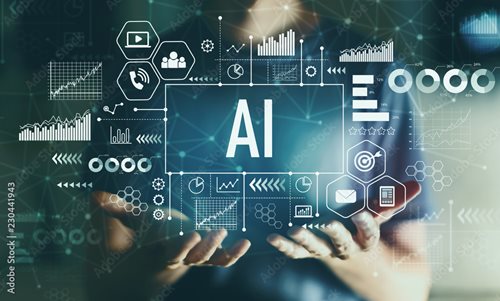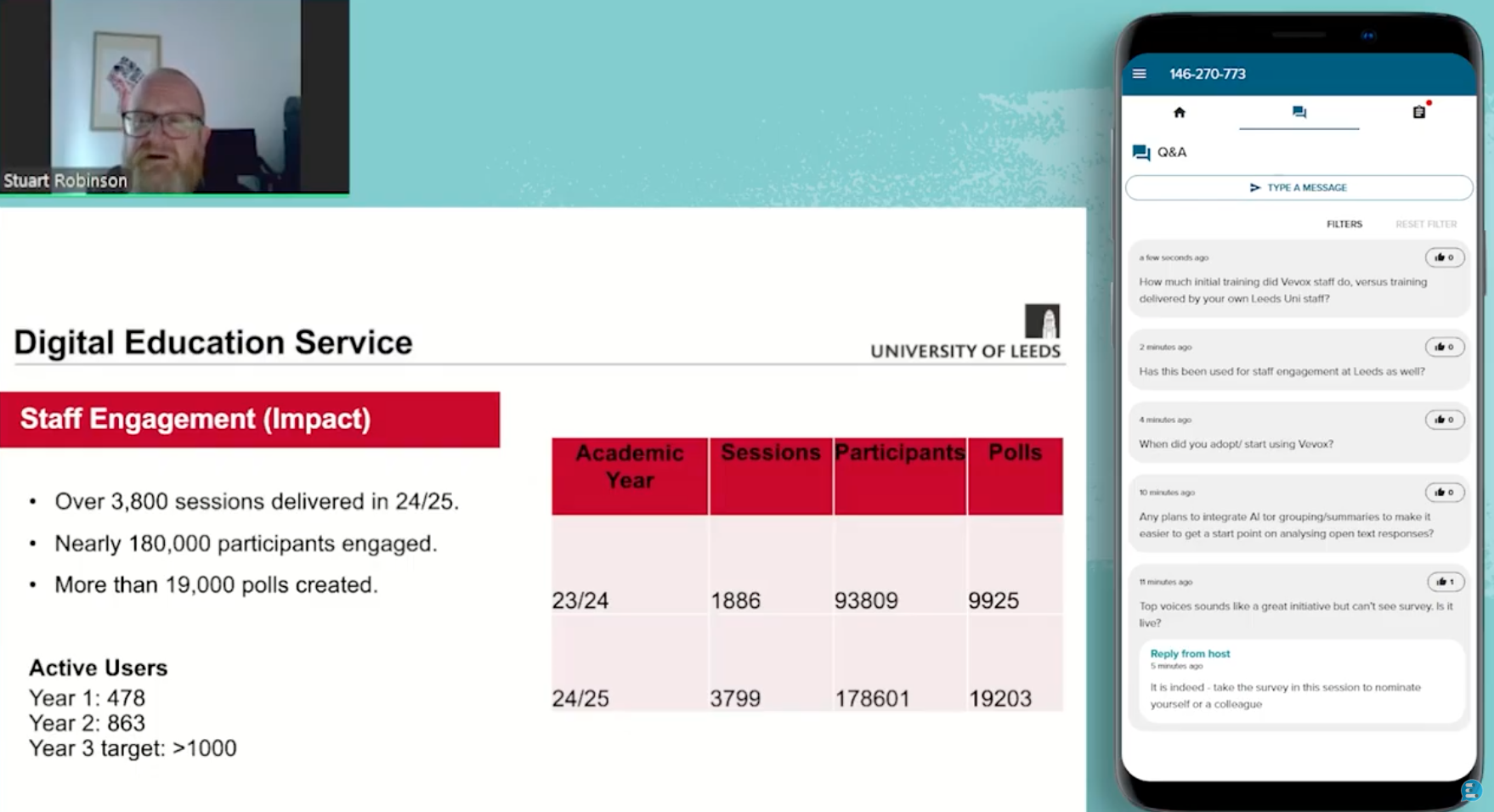What is AI?
AI is a broad field that encompasses many different technologies and applications. At its core, AI is about creating machines that can perform tasks that would normally require human intelligence. This can include things like recognizing speech or images, making decisions based on data, and learning from experience.
There are many different approaches to building AI systems, but they all involve some form of machine learning. Machine learning is a technique that involves training a computer program on a large dataset, so it can learn to recognize patterns and make predictions based on that data. One of the most exciting areas of AI research is deep learning. Deep learning involves training neural networks, which are computer systems that are modeled on the structure of the human brain. These networks can learn to perform complex tasks, such as recognizing objects in images or translating languages seamlessly.
The Dangers of AI
While AI has the potential to revolutionize many industries, there are also concerns about its safety and impact on society. One of the biggest concerns is the potential for AI to be used for malicious purposes. For example, AI could be used to create fake news, content or videos that are indistinguishable from real ones. It could also be used to create autonomous weapons that could be used to harm people. Another concern is the potential for AI to replace human workers. While AI has the potential to automate many tasks, this could also lead to job losses and result in economic disruption. There are also concerns about the potential for AI to exacerbate existing inequalities, as it may be biased against certain groups of people and not have an inclusive nature.
Finally, there are concerns about the lack of transparency and accountability in AI systems. As AI becomes more complex, it becomes harder to understand how it is making decisions and to analyse the processing. This could lead to situations where AI is making decisions that are harmful, unreasonable or unfair, without anyone being able to understand why.
How Companies are using AI in Workplaces
Despite these concerns, many companies are already using AI in their workplaces for a various number of reasons. One of the most common applications of AI is in customer service. Many companies are using chatbots, which are computer programs that can interact with customers in a conversational way and link to helpsite databases that learn the answers to large number of FAQs. These chatbots can help customers with common problems and questions, freeing up human customer service agents to handle more complex issues that need a more personal approach.
Another area where AI is being used is in recruitment. AI can be used to analyze resumes and job applications, helping companies identify the best candidates for a job. This helps to assess a large number of applications and provide feedback based on a set of criteria. It can also be used to conduct initial interviews, freeing up human recruiters to focus on candidates who are the better fit for the company.
AI is also being used to improve productivity and engagement in the workplace. For example, AI can be used to analyze data and identify areas where processes can be streamlined or automated. It can also be used to predict when equipment is likely to fail, allowing companies to perform maintenance before a breakdown occurs. Software tools can analyse data to share key learnings that can provide answers to humans to take decision-making out of their hands. For improving engagement, tools like AI quiz (by Vevox) can be used to generate quizzes in an instant to run them in presentations, meetings and classes to engage an audience with the perfect quiz! Thus taking out of all the hard work to create the quiz and program it... a key time saver!
Finally, AI is being used to improve safety in the workplace. For example, AI can be used to monitor workers in hazardous environments, such as construction sites or factories. It can also be used to analyze data from sensors and other sources to identify potential safety hazards before they become a problem.
The future of AI
AI is a powerful technology that has the potential to revolutionize many industries. However, it also poses risks and challenges that must be addressed as it evolves. As AI becomes more widespread, it is important for companies and policymakers to work together to ensure that it is used in a safe, responsible and useful way to do good in the world. By doing so, we can harness the power of AI to create a better world for everyone. Want to use AI for your presentations to run the perfect audience polls, quizzes and survey? Learn more about using Vevox's AI quiz generation tool to save time and increase audience engagement.




